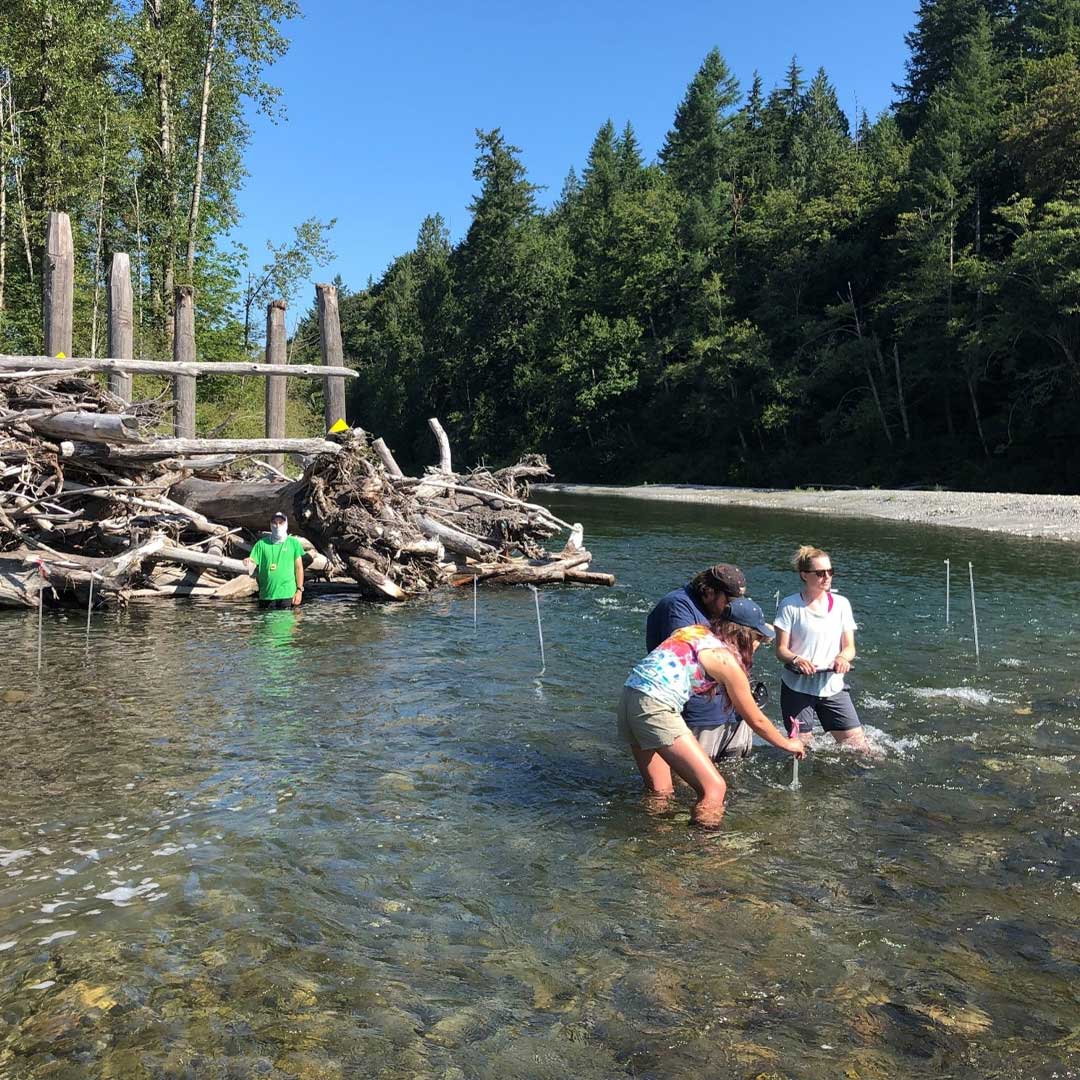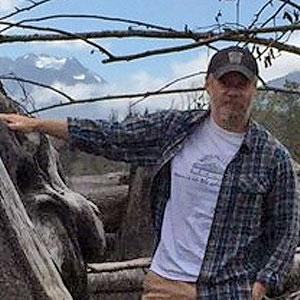Salmon Habitat Restoration using Engineered Log Jams: Is it Working?

WHEN
Thursday, September 30, 2021
4:30-5:30 p.m. PT
LOCATION
Online
Zoom
PRICE
Free
Check out this video to watch the Salmon Habitat Restoration using Engineered Log Jams: Is it Working?.
Huxley Speaker Series
Brought to you by Huxley College of the Environment in partnership with the WWU Alumni Association
Please join us for our first speaker in our fall quarter Huxley Speaker Series James Helfield. He will discuss the decline of Pacific salmon (Oncorhynchus spp.), a decline that has been well documented, and primary contributors are the degradation of freshwater habitat and the loss of large woody debris (LWD) from rivers and streams. A common approach to salmon habitat restoration involves construction of engineered log jams, which mimic the benefits of naturally occurring LWD, but after decades of log jam restoration projects, salmon populations have not recovered to a significant extent.
To evaluate the effectiveness of engineered log jams, James Helfield and grad-student Caroline Walls analyzed long-term monitoring data from multiple restoration projects in Washington State. They found that engineered log jams generally improve habitat as intended, but salmon responses vary by species and location. Habitat improvements do not always address the limiting factors for salmon production, and in some cases the rate or spatial extent of restoration work may be insufficient to offset ongoing stresses affecting salmon.
These findings suggest that engineered log jams should be employed as part of a broader strategy for salmon recovery. This work also highlights the need for comprehensive, long-term monitoring to identify limiting factors and assess the effectiveness of different restoration actions for specific salmon habitats and populations.
Much of this research was done in collaboration with grad-student Caroline Walls.
More information about the speaker series is available here.

James Helfield
Speaker
James Helfield is an assistant professor of Terrestrial and Aquatic Ecology in the Department of Environmental Sciences at Western Washington University. He earned his Ph.D. in forest ecology at the University of Washington. He also holds an M.Sc. in physical geography from the University of Toronto and a B.A. in English literature from Duke University. His research focuses on rivers and salmon.

QUESTIONS AND ACCOMMODATIONS
Stefan Freelan is the coordinator of the Huxley Speaker Series. Feel free to email stefan@wwu.edu or call (360) 650-2949 if you have any questions or comments.
There will be auto-captions available for this event. To request closed captions, please mark the request on the registration form. Advance notice of three days to one week is appreciated.